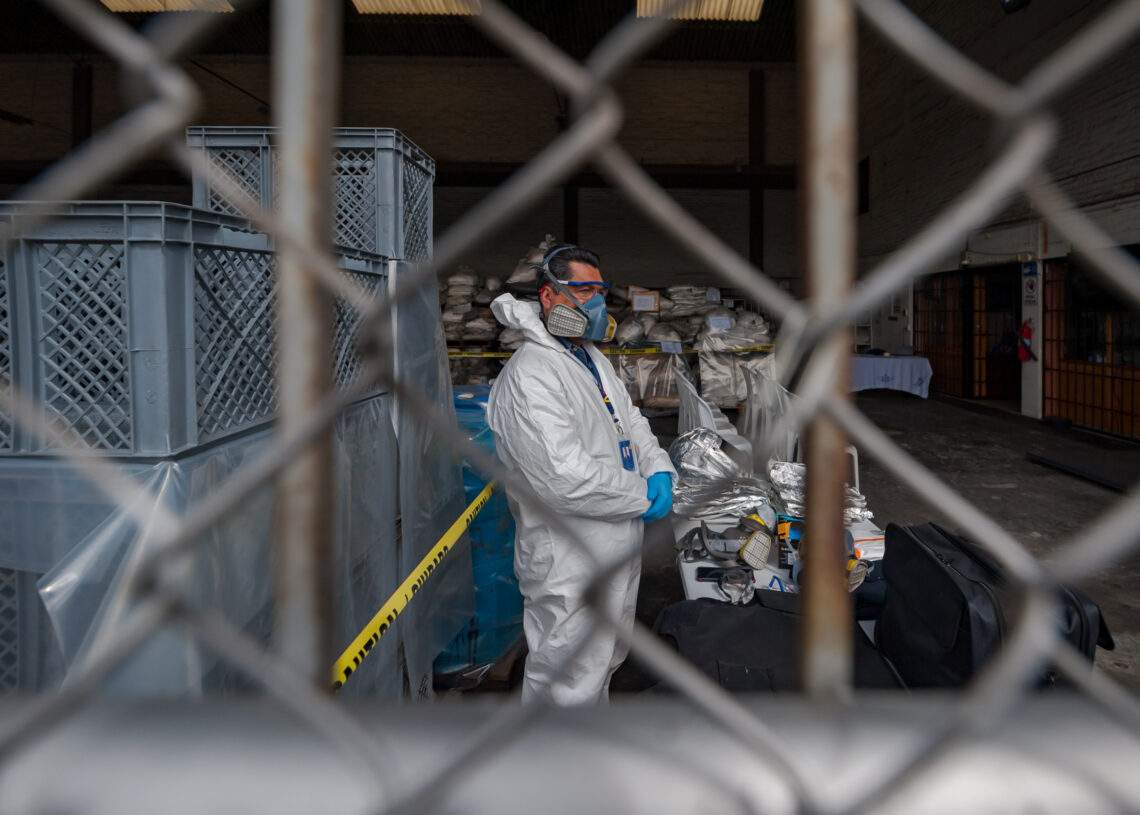As part of the COPOLAD III programme, and with the collaboration of police forces and drug agencies from Latin America and the Caribbean, together with Spain’s Centre for Intelligence against Terrorism and Organised Crime (CITCO), seven technical manuals have been published. These manuals set out guidelines for the management and final disposal of precursors and chemical substances, with the aim of ensuring processes that are safer, legal, and environmentally responsible.
These manuals are addressed to competent authorities, logistics operators, laboratories, and law enforcement bodies in the seven participating countries: Bolivia, Colombia, Ecuador, El Salvador, Honduras, Paraguay and the Dominican Republic.
Precursors: essential but with risks
Chemical precursors are key substances in various industries, but they can also be diverted for the illicit manufacture of drugs. Their seizure presents significant challenges, not only in terms of treatment and disposal, but also regarding handling, transport and storage, all of which must be carried out under safe conditions to protect both health and the environment.
Even substances that may appear harmless can become hazardous if accumulated in large quantities or if not treated properly.
Content of the manuals
The documents include practical tools for the safe management of these substances, among them:
-
Safety protocols for handling, storage, transport and disposal.
-
Technical datasheets with risk pictograms and recommendations on personal protective equipment.
-
Procedures for emergencies such as fires, spills or accidental exposure.
-
References to applicable national and international regulations.
A joint effort
The drafting of these manuals reflects the coordinated work between countries in the region, CITCO and the Foundation for the Internationalisation of Public Administrations (FIAP), with the technical support of COPOLAD III.
This joint effort reaffirms the regional commitment to reducing the illegal drug market and improving the responsible management of seized chemical substances.






